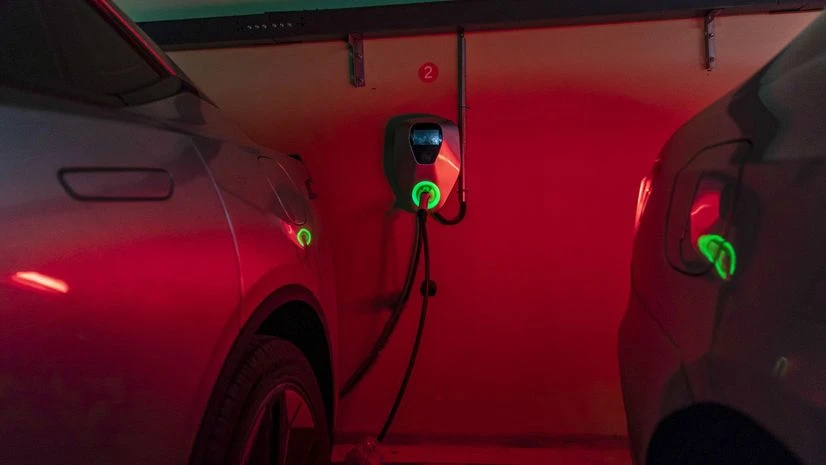The Centre has introduced new safety standards aimed at enhancing the safety and performance of EVs across various categories. These categories include two-wheelers (L), four-wheelers (M), and goods trucks (N).
The two new standards, IS 18590: 2024 and IS 18606: 2024, brought by the Bureau of Indian Standards (BIS), focus on the critical components of EVs, particularly the powertrain and batteries. They ensure that the powertrain meets stringent safety requirements while also emphasising that the batteries are both powerful and secure.
The BIS, the National Standards Body of India under the Department of Consumer Affairs, Ministry of Consumer Affairs, Food & Public Distribution, plans to enhance the safety of electric vehicles with these new standards.
According to an official statement from the ministry, the new standards also cover electric cars, buses, and trucks, raising the total number of Indian Standards dedicated to EVs and their accessories, including charging systems, to 30.
Beyond cars and trucks, the shift to electric mobility also includes E-rickshaws and E-Karts, which are becoming increasingly popular in India.
Last year, the Centre had introduced standards for these vehicles, and to address safety concerns, BIS has now introduced IS 18294: 2023. This standard sets safety requirements specifically for E-rickshaws and E-Karts, covering various aspects from construction to functionality, to ensure the safety of both drivers and passengers.
These new standards are crucial for driving the transition to a more sustainable, environmentally friendly, and efficient transportation system in India, according to the ministry.
More From This Section
With the expansion of the EV sector in India, the government is also preparing to introduce a standardised charging protocol. This move will be in response to concerns raised by major industry stakeholders about the absence of consistency in charging infrastructure, resulting in a lack of interoperability within the sector.
On September 1, 2022, Ministry of Road Transport and Highways (MoRTH) also issued amendments to the EV battery testing standards AIS-156 for two- and three-wheelers and AIS-038 (Revision 2) for four-wheelers. These amendments included additional safety requirements related to battery cells, battery management systems, on-board chargers, design of battery packs, thermal propagation due to internal cell short circuits leading to fire, etc.
The amendments were to be implemented from October 1, 2022, but they were given an extension, after which they were implemented in two phases with effect from December 1, 2022 (Phase 1) and March 31, 2023 (Phase 2), as stated by MoRTH in a statement.
The new AIS-156 and AIS-038 standards were introduced by the ministry under the Central Motor Vehicle Rules (CMVR), which are necessary for vehicle manufacturing.

)